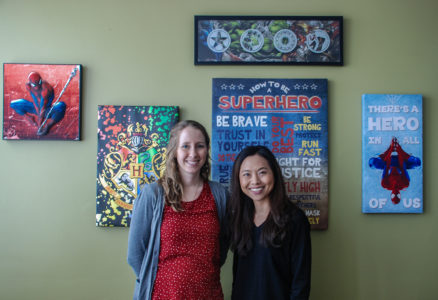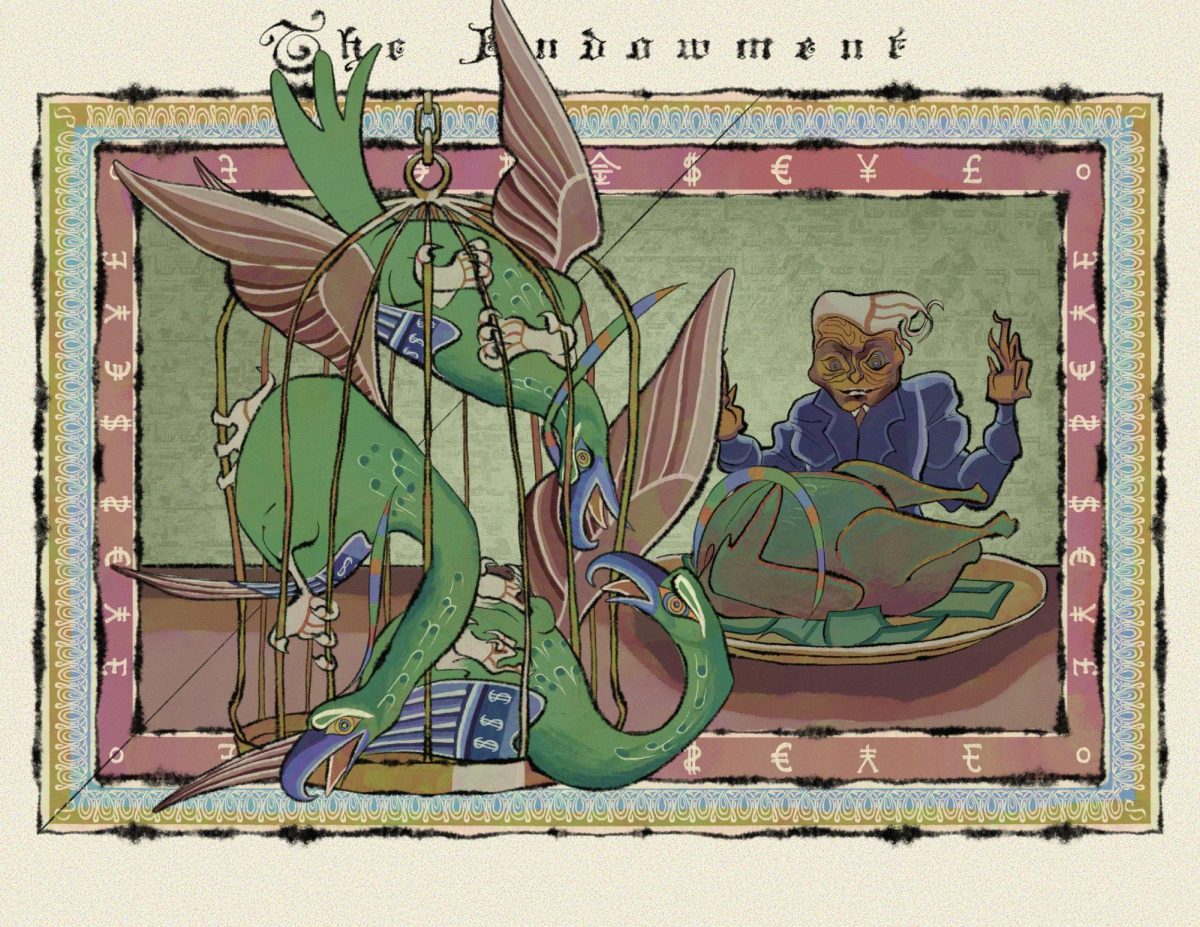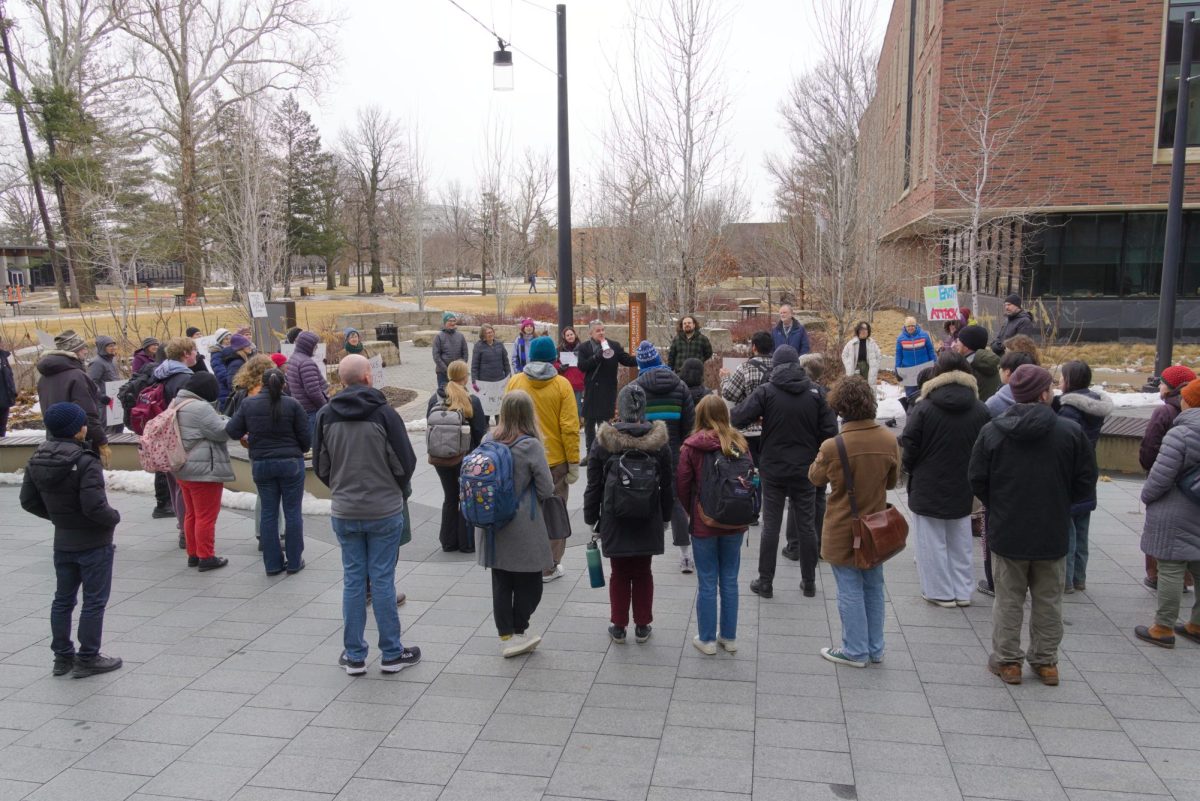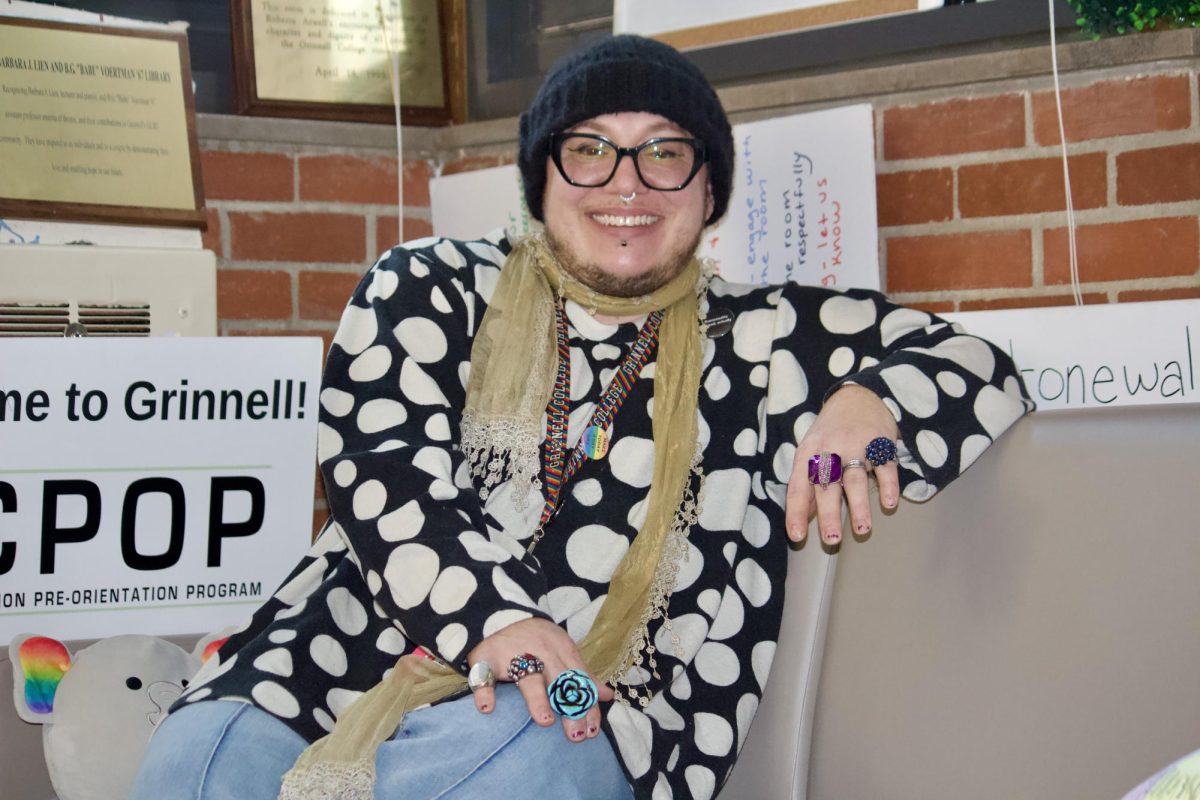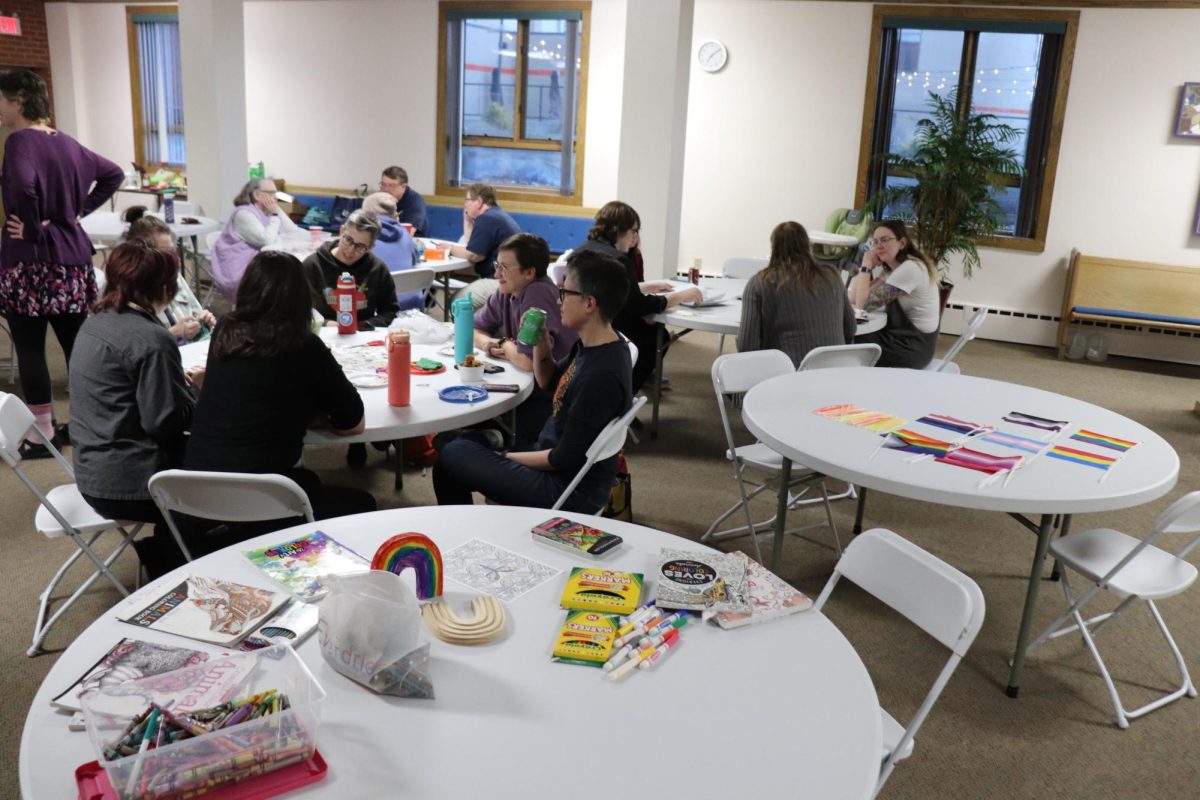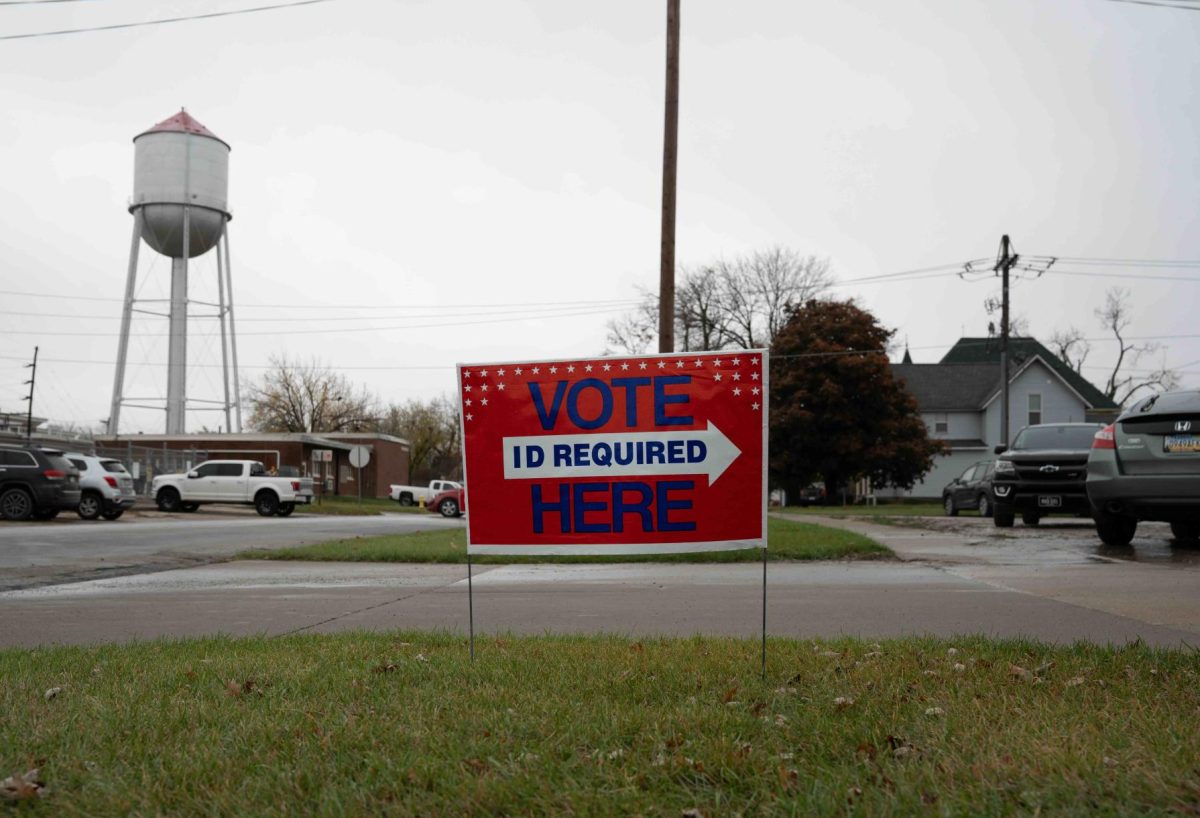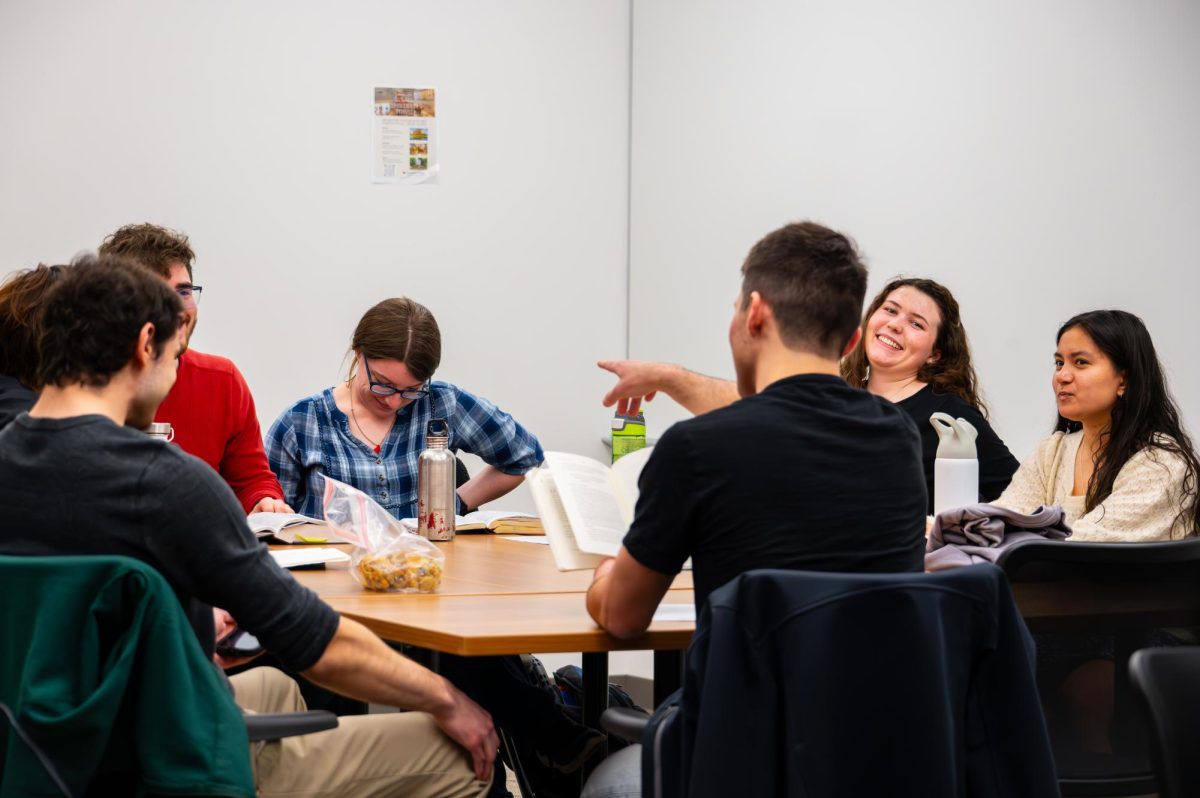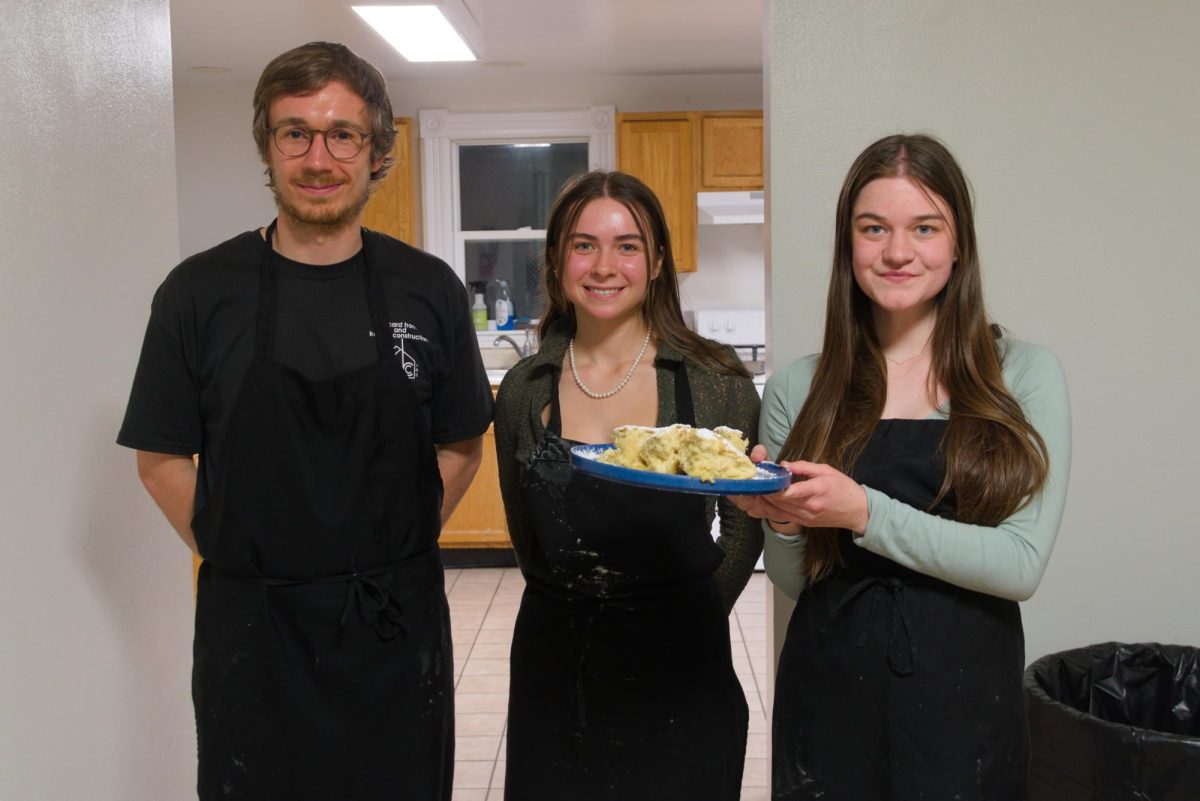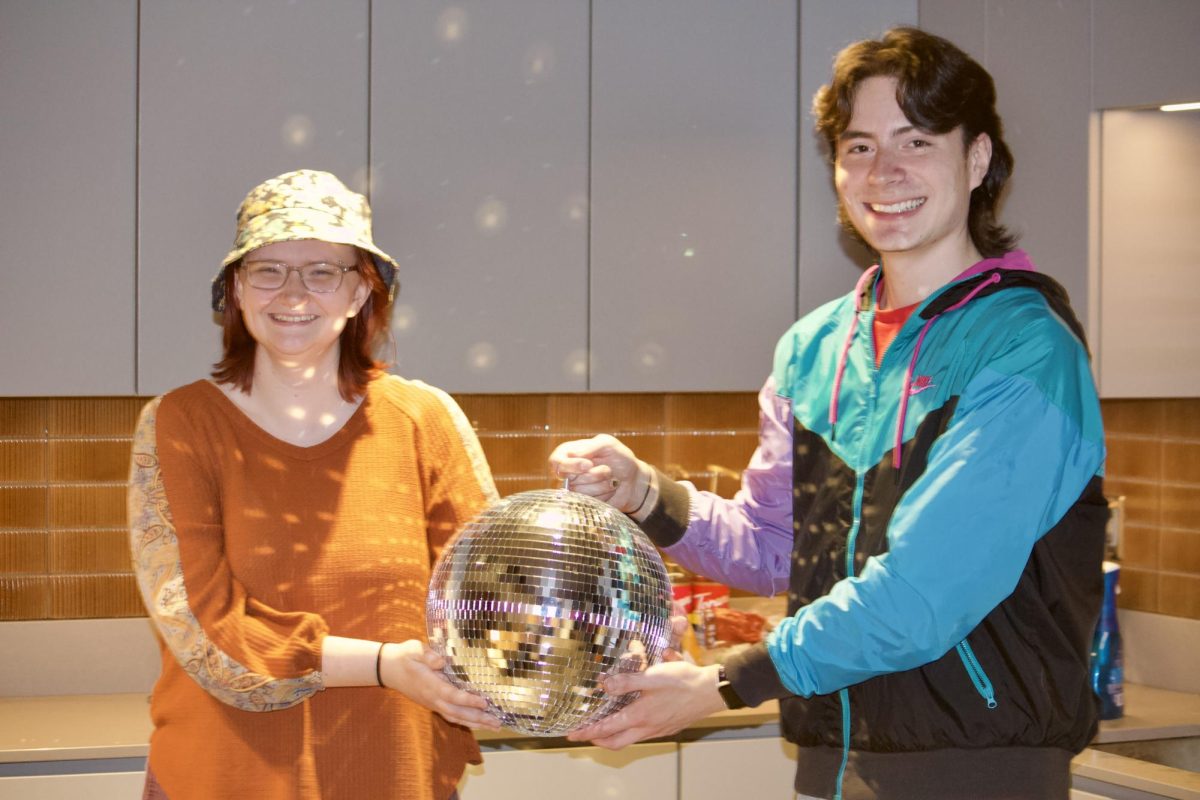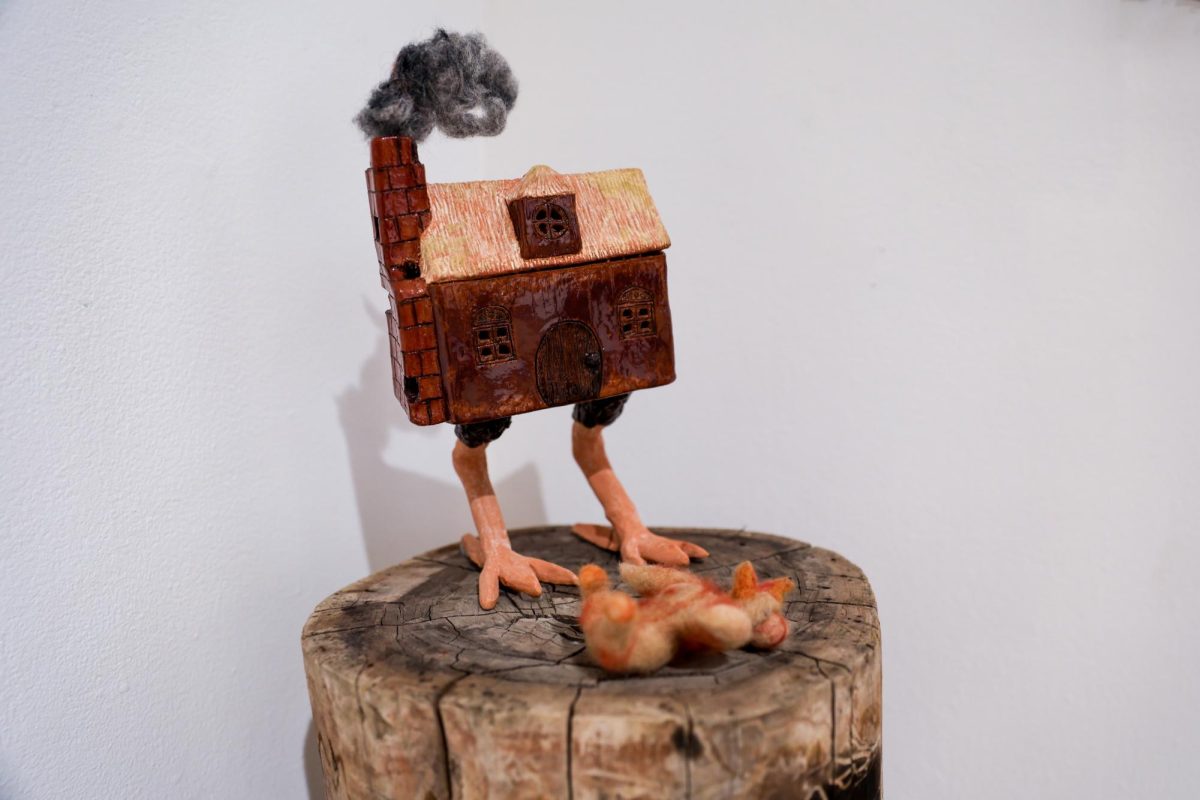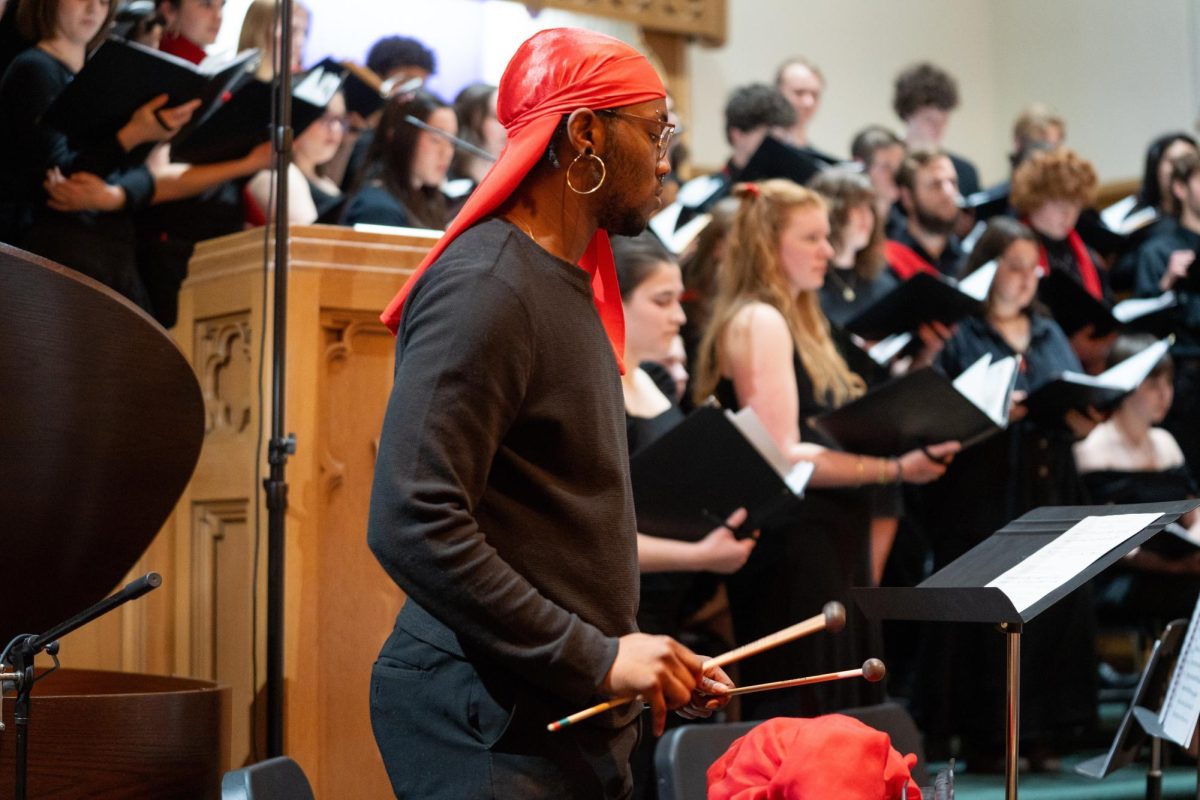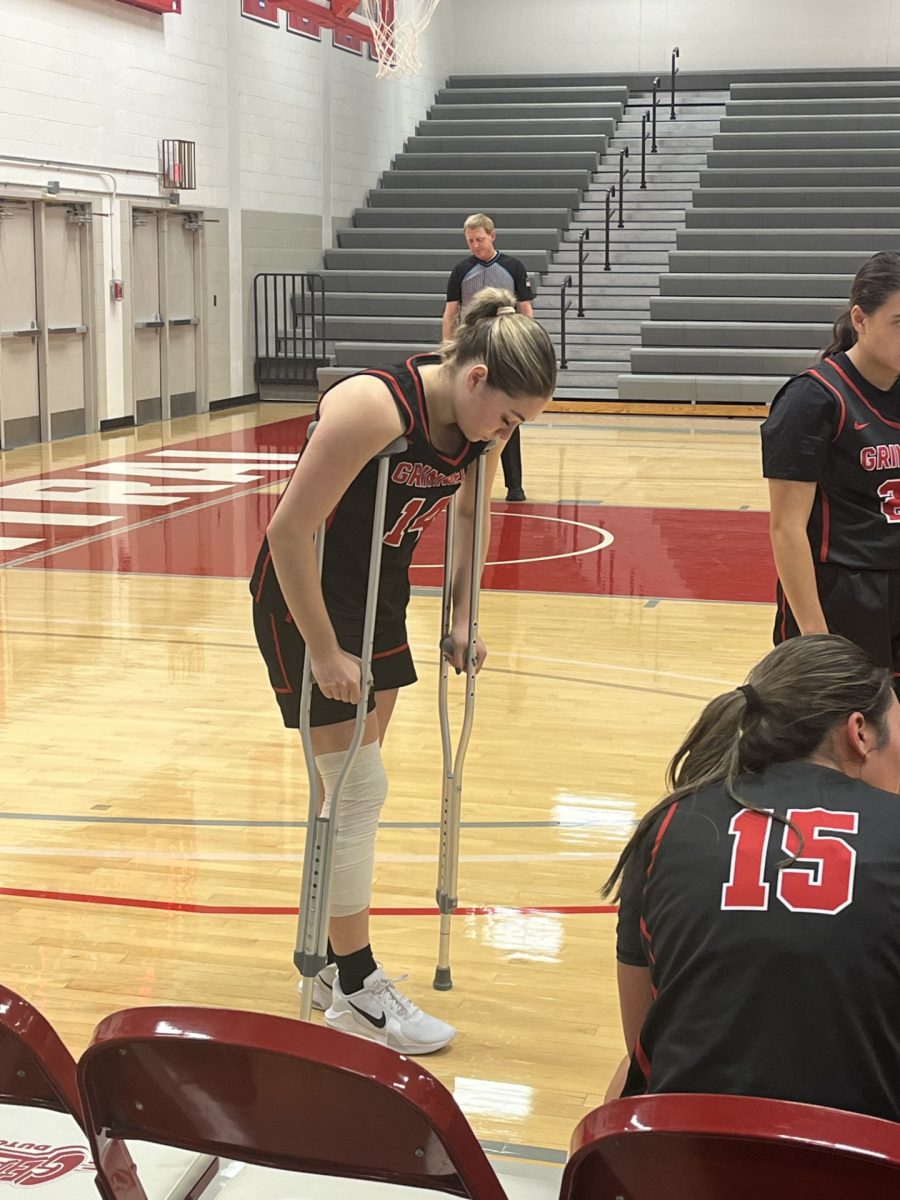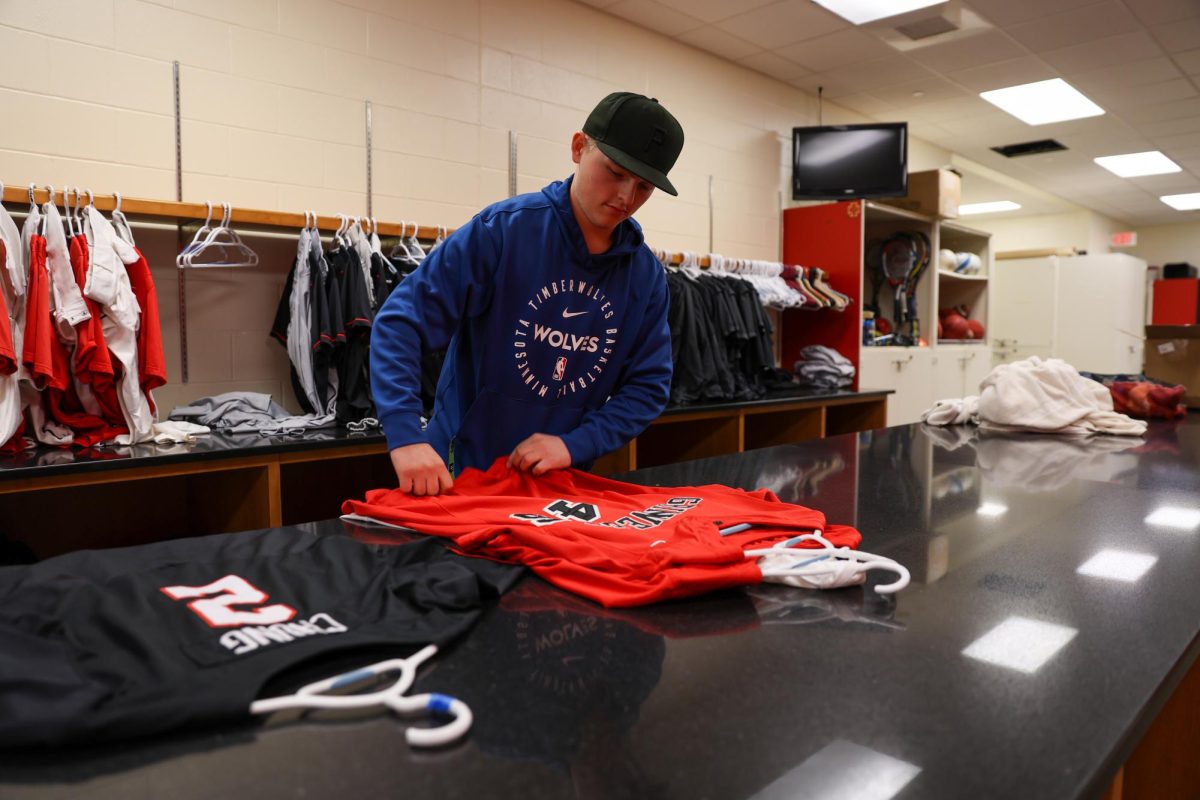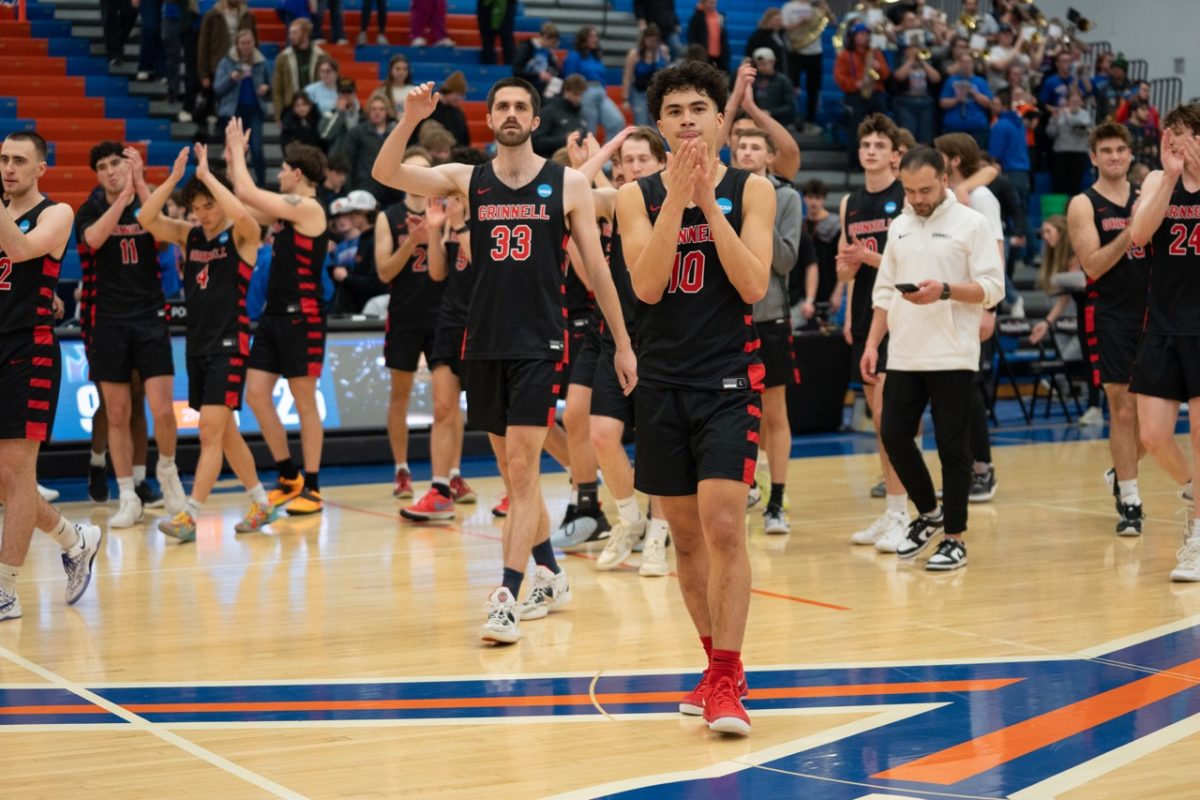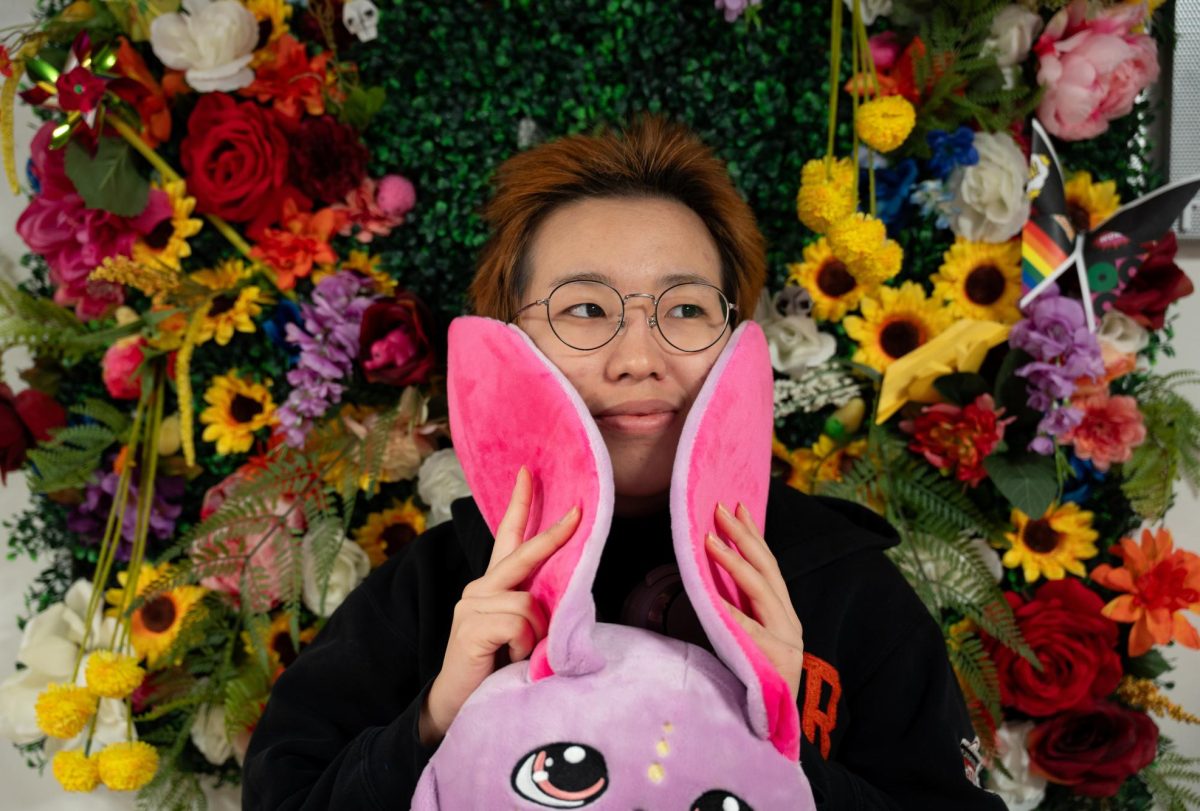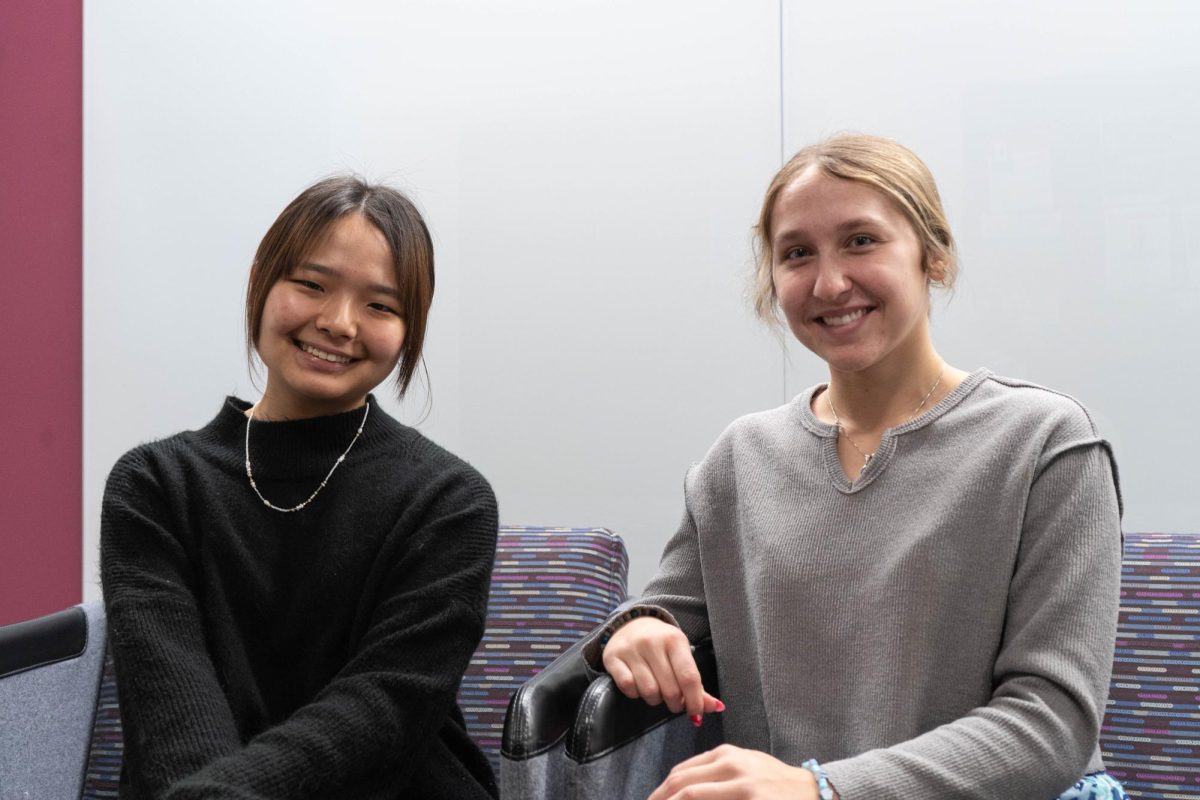By Eyerusalem Desta
destaeye@grinnell.edu
This semester, Student Health and Counseling Services (SHACS) developed a Women of Color group led by Yunyoung Garrison, doctoral fellow counselor, and Erin Cannella, graduate assistant counselor, at SHACS. The group provides a space in which women of color can foster community and discuss a wide array of issues related to identity and wellness.
Group meetings have yet to officially begin as the leaders are currently working to spread the word to interested students. Garrison and Cannella “plan to begin running group sessions once [they] have enough people interested in attending,” they wrote in an email to The S&B. The group plans to meet every Thursday from 4 to 5 p.m. and ideally will have about six to eight members. Anyone who identifies as a woman of color and is interested is welcome to join.
The identification of a need for a group like this in Grinnell, as well as the success of previous SHACS groups focusing on identity, sparked the initiative for the Women of Color group. “SHACS previously has offered other groups, including groups focused on interpersonal relationships and men and masculinity. Previous groups were received well, and we are now trying to expand our offerings to meet the variety of needs and identities represented on campus,” Garrison and Cannella wrote.
The group leaders plan to structure the contents of the meetings based on student interest in order to focus on the topics most relevant and potentially beneficial to the group’s members. According to Garrison and Cannella, the Women of Color group “is fairly unstructured, though typically we will offer time and space for group members to check in and decide how we can use our time as a group in the most meaningful way.”
In order to foster an inviting atmosphere, contents of each meeting will remain confidential. Garrison and Cannella will “ask group members to commit to keeping material shared and identities of other group members confidential in order to promote a safe and supportive group atmosphere.”
Generally, central topics of discussion will focus on existing in a predominantly white state as a woman of color, as well as issues that women of color often encounter in the smaller community at Grinnell College. “Some may share their experiences and emotions related to lack of understanding by others about what it is like to live a life as a woman of color, particularly in a predominantly white state such as Iowa,” Garrison and Cannella wrote.
Specifically, members might discuss particular experiences in their daily lives, such as microaggressions by peers or faculty members, as well as how to cope with such issues. Garrison and Canella believe that “[g]roup members may also talk about ways to develop effective coping skills to navigate racialized spaces and how to honor their stories as women of color.”
Garrison and Cannella hope that members will form bonds with others who share many of their experiences by “[talking] about their desire to develop meaningful relationships/allyships with peers who hold similar identities and experiences.”
